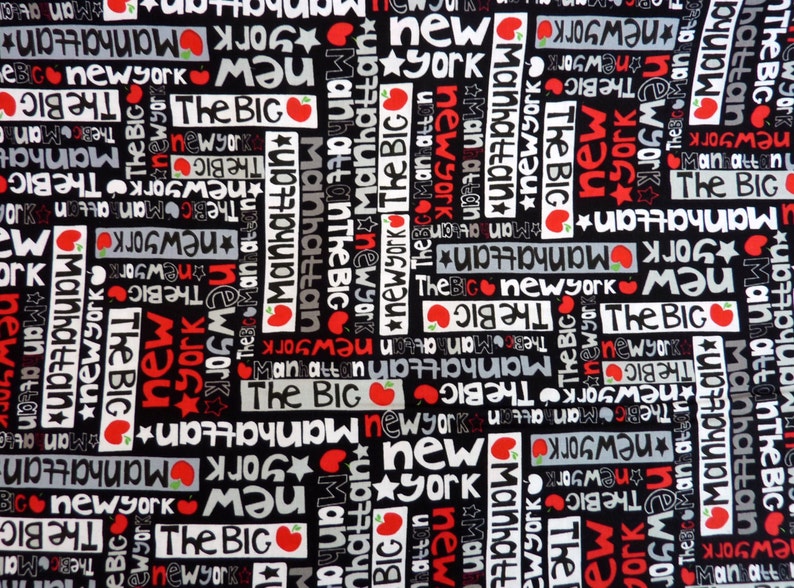

Bodīod dates all the way back to the ‘80s-the 1780s, according to the OED. In the late ‘80s, kids on college campuses took the phrase adios amigos and turned it into adios amoebas. The verb ralph dates back to the 1960s, and you can once again find it in The Breakfast Club: “Your middle name is Ralph, as in puke.” 20. Kerrick/E+/Getty ImagesĪpparently, in the ‘80s, instead of just ralphing-i.e., vomiting, because supposedly that’s what the act of retching sounds like-college kids would call for Ralph, according to Green’s. Gag Me With A Spoonĭon't call it puking, call it ralphing.

WastoidĪccording to The New Partridge Dictionary of Slang and Unconventional English, someone who is a wastoid is “a worthless, dim-witted person a person whose drug and alcohol abuse is ruining their life.” The term was coined by John Hughes, who used it in The Breakfast Club: Listen for when Andrew tells Bender, “Yo wastoid, you’re not going to blaze up in here.” 17. According to Green’s, the phrase originated on college campuses in the early ‘80s.

When you tell someone to take a chill pill, you’re telling them to relax.
New york lingo movie#
Rad, a shortened version of the word, was also a popular way to describe something you really loved (as well as the title of a 1986 BMX movie starring Lori Loughlin and Talia Shire). Green’s pinpoints the “Teenage Mutant Ninja Turtles craze” of the 1990s for bringing radical to the masses. youth slang.” In 1988, it even appeared in Salman Rushdie’s The Satanic Verses. Valley Girls-“and then into mainstream U.S. Radical is another term borrowed from surfer slang, according to the New Partridge Dictionary of Slang and Unconventional English, after which it “migrated into the argot of the San Fernando Valley”-a.k.a. This adjective, meaning “extreme outrageous good,” originated in the late 1960s. Later, it would be used liberally by Bart on The Simpsons. This phrase dates back to the early 1970s (Green’s cites a 1975 issue of the Harvard Crimson: “They chant cheers as unrefined as ‘A quart is two pints, a gallon is four quarts Harvard men will eat Yale’s shorts’”) but you might remember it from John Hughes’s 1985 film The Breakfast Club. The word (as well as many others on this list) was featured in Frank Zappa’s 1982 song “Valley Girl”: “It’s so AWESOME / It’s like TUBULAR, y’know.” 13. used it to refer to “a cresting wave: hollow and curved, so that it is well-formed for riding on,” and soon, it came to mean “the ultimate in perfection,” according to Green’s. According to the OED, surfers in the U.S. Tubular, from the Latin tubulus and the French tubulair, began its life in the 1680s as a word meaning “having the form of a tube or pipe constituting or consisting of a tube cylindrical, hollow, and open at one or both ends tube-shaped.” But in the '80s, it took on a new meaning entirely-this one related to waves. Other terms, like gastronaut, have been used to describe the same type of person over the years, but the term that ultimately won out was foodie, which appeared in New York magazine in 1980. In the late 19th century, a foodist was a proponent of a particular diet later, the term was used to refer to people who knew a lot about food. HellaĪccording to Green’s, this adverb can mean either “a lot of” or “very, extremely, really,” and it’s an abbreviation of helluva, as in, “he had one helluva headache.” 4. The OED traces its first citation to 1984, while The Routledge Dictionary of Modern American Slang and Unconventional English has 1981. ,” per the Oxford English Dictionary (OED). But in the 1980s, they went with big whoop, which was apparently formed by combining the word big with whoop, “A cry of ‘whoop’, or a shout or call resembling this, used to attract attention, as a summons, or to express derision, defiance, support or encouragement, etc. In the early 20th century, someone might have expressed their dismissiveness of something by using the phrase big deal. In 1989, it was featured heavily in Bill & Ted’s Excellent Adventure you can see a short clip of Keanu Reeves and Alex Winter discussing the word above. According to Green’s Dictionary of Slang, this word-a blend of bold and audacious meaning “excellent, wonderful, very enjoyable”-was coined in the 19th century but found new life in the 1970s thanks to CB radio, where it was used to reference a strong incoming signal.


 0 kommentar(er)
0 kommentar(er)
